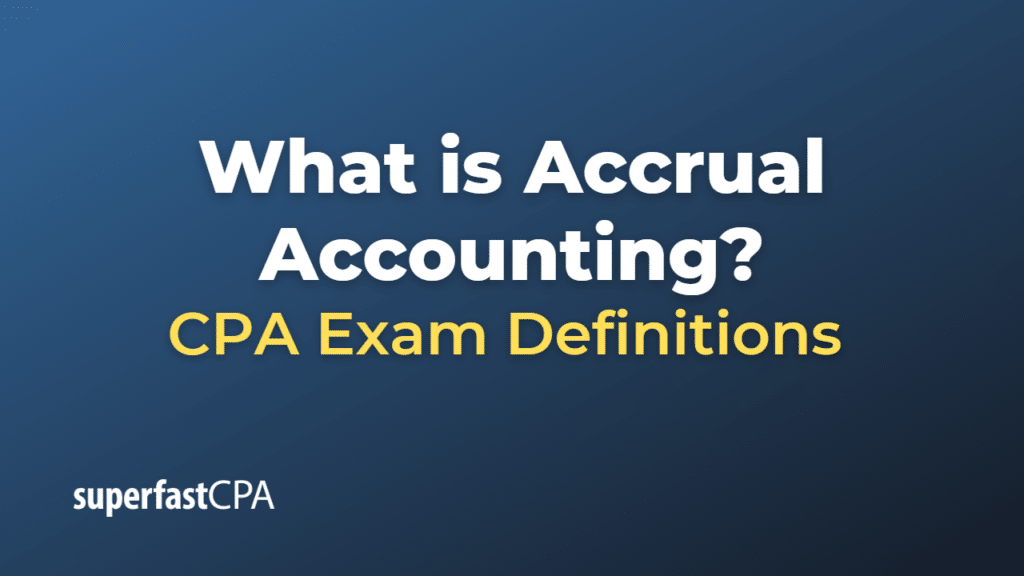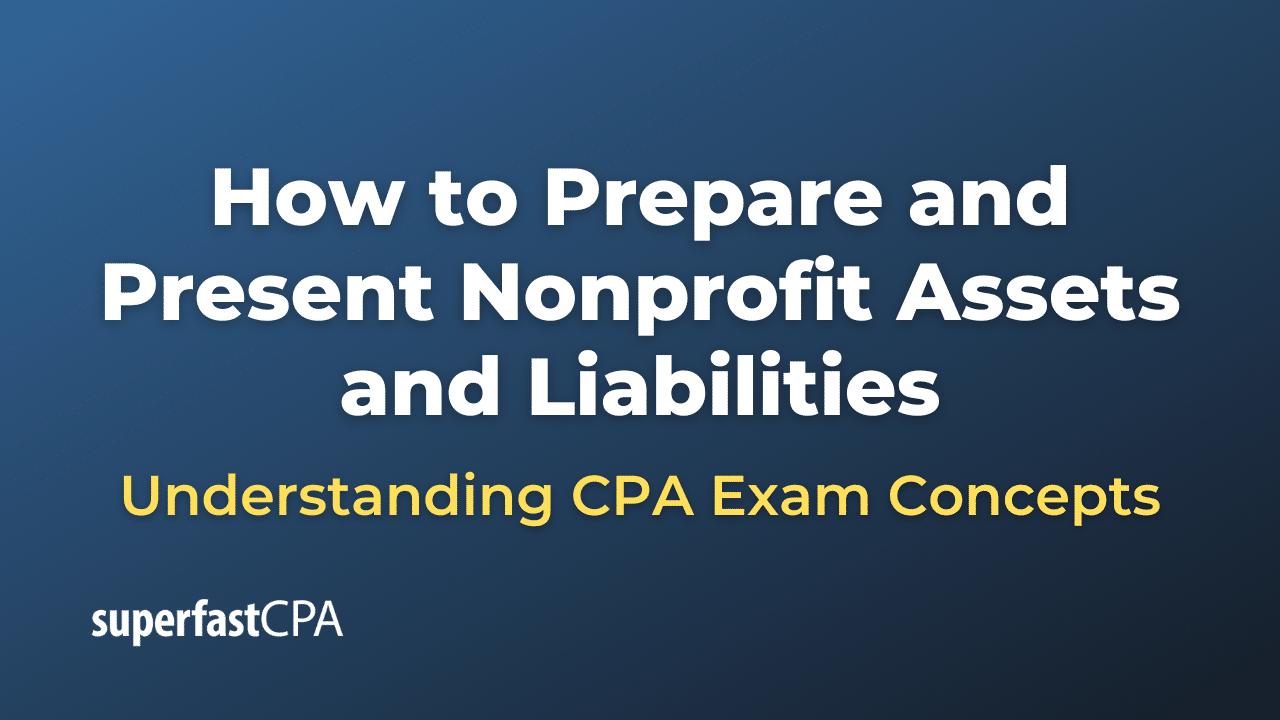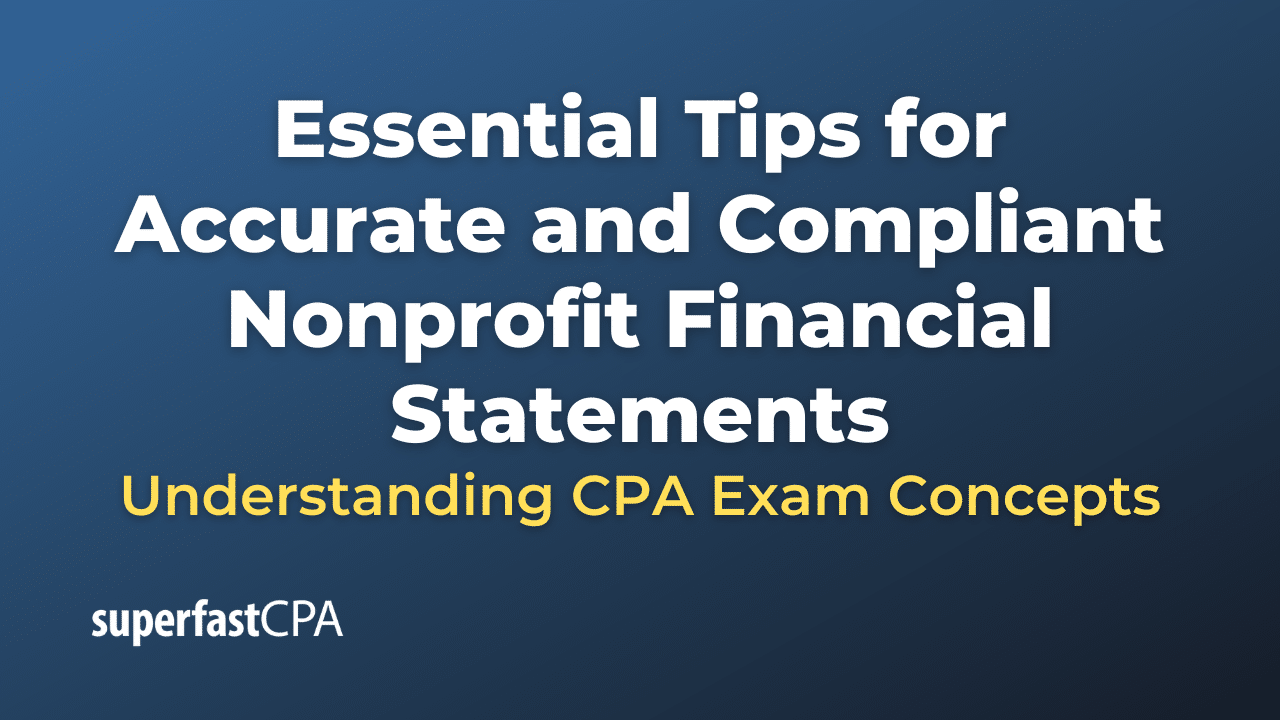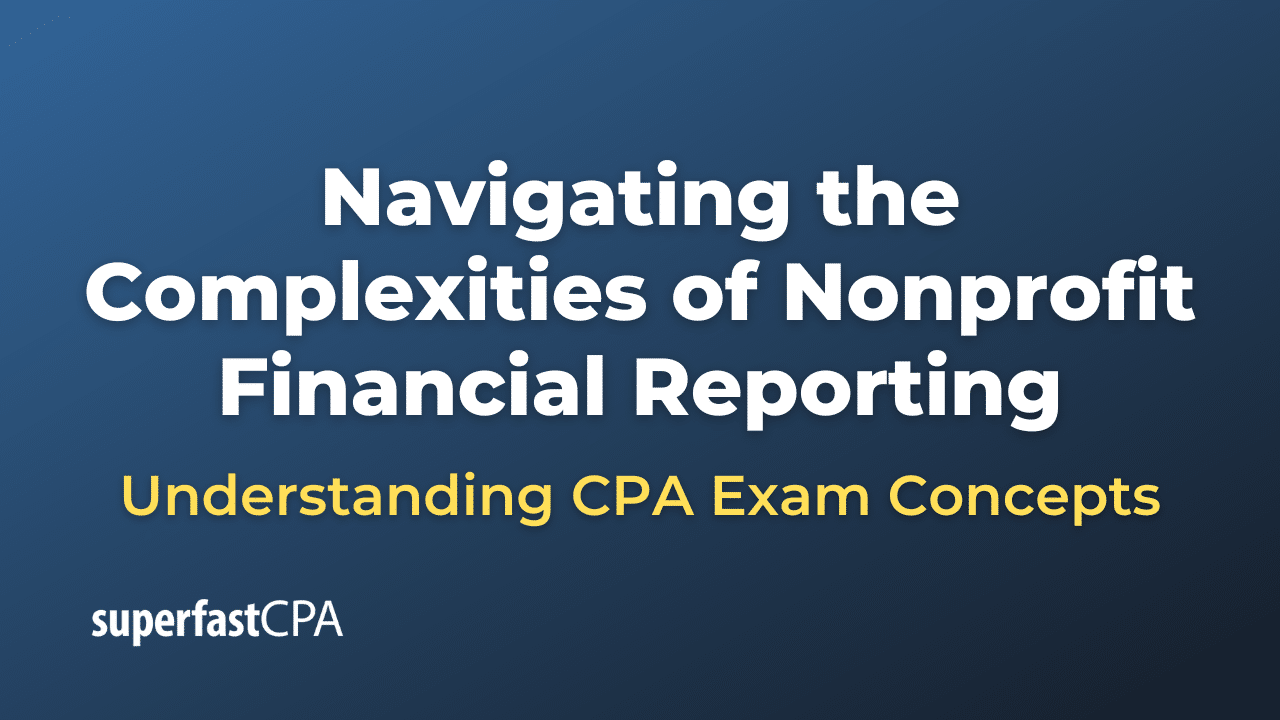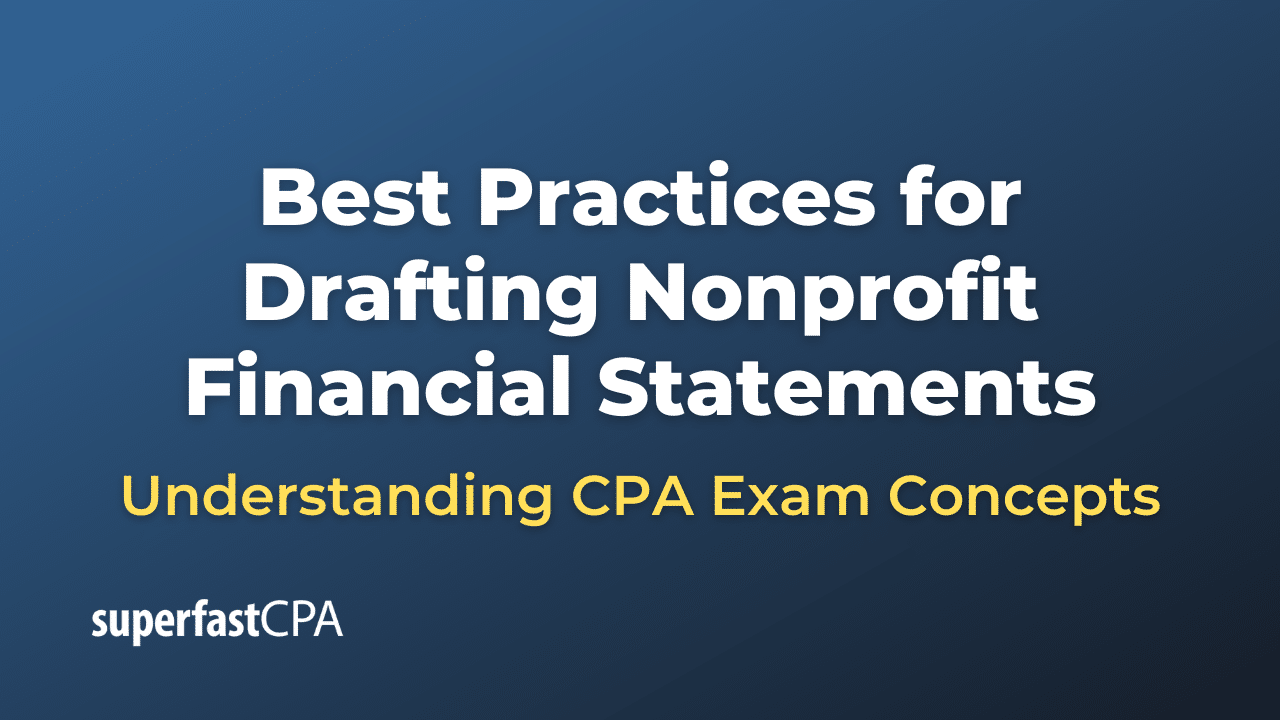Accrual Accounting
Accrual accounting is an accounting method that records financial transactions when they are incurred, regardless of when the cash is exchanged. This method is based on the accrual concept, which emphasizes the matching principle, i.e., recognizing revenues when they are earned and expenses when they are incurred, rather than when the cash is received or paid.
Accrual accounting provides a more accurate and comprehensive view of a company’s financial performance and position than cash basis accounting, which records transactions only when cash is received or paid.
The main features of accrual accounting include:
- Revenue recognition: Revenues are recorded when they are earned, regardless of when the cash is received. This means that if a company provides goods or services to a customer, it recognizes the revenue even if the customer has not yet paid.
- Expense recognition: Expenses are recorded when they are incurred, regardless of when the cash is paid. This means that if a company incurs an expense, it recognizes the expense even if the payment has not been made.
- Accruals and deferrals: Accrual accounting involves adjusting entries for accruals (revenues or expenses recognized before the cash is received or paid) and deferrals (revenues or expenses recognized after the cash is received or paid) to ensure that financial statements reflect the company’s economic activities accurately.
- Balance sheet items: Accrual accounting requires the recognition of assets (such as accounts receivable) and liabilities (such as accounts payable or accrued expenses) related to the accrual of revenues and expenses.
Accrual accounting is generally considered the standard accounting method for most businesses, especially larger ones, and is required under Generally Accepted Accounting Principles (GAAP) in the United States and the International Financial Reporting Standards (IFRS) globally. This method provides a more accurate picture of a company’s financial health and performance by reflecting its economic activities in the periods they occur.
Example of Accrual Accounting
Let’s consider a hypothetical example to illustrate the accrual accounting method.
Suppose a company named “ABC Design” provides graphic design services to its clients. On December 1, ABC Design signs a contract with a client to create a marketing campaign and deliver the final product by December 31. The total contract amount is $5,000, payable on January 15 of the following year.
Under the accrual accounting method, ABC Design would recognize the revenue and expenses related to the marketing campaign project in December, even though the payment will not be received until January.
Here’s how ABC Design would record the transactions using accrual accounting:
- Revenue recognition: When the project is completed on December 31, ABC Design would record $5,000 in revenue, even though the cash has not yet been received. The journal entry would be:Debit: Accounts Receivable (Asset) – $5,000 Credit: Design Services Revenue – $5,000
- Expense recognition: Suppose ABC Design incurs $1,000 in expenses related to the project, such as software subscriptions, printing costs, and design materials. Even though these expenses may not have been paid in cash yet, ABC Design would record them in December when they are incurred. The journal entry would be:Debit: Design Project Expenses – $1,000 Credit: Accounts Payable (Liability) – $1,000
By using accrual accounting, ABC Design’s financial statements for December accurately reflect the economic activity related to the marketing campaign project. The revenue of $5,000 is recognized when it is earned, and the expenses of $1,000 are recognized when they are incurred, providing a more accurate picture of the company’s financial performance and position during the period.

